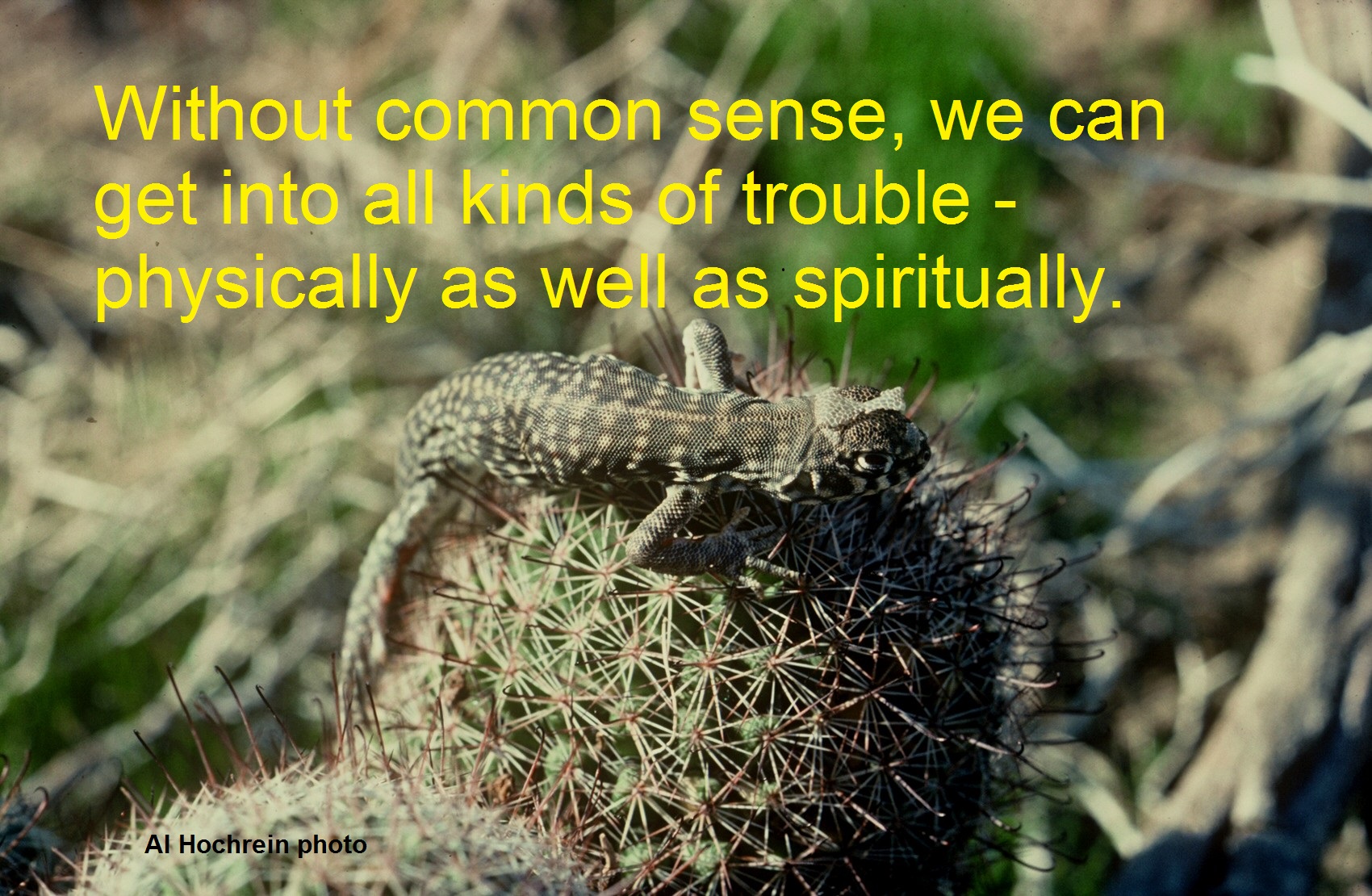
Part Six: If Our Mind and Our Brain Are Distinct from Each Other, Why Does Brain Injury, Drugs, and Aging Affect Our Thoughts?
If it is true that our immaterial minds are distinct from our physical brain—as demonstrated in previous posts in this series—why do people lose mental capabilities when their brains are injured by head trauma? Why is thinking impaired—sometimes to the point of hallucination—from alcohol or drug abuse? Along the same line, why does the mind seem to lose mental acuity as we age? These are valid questions but not hard to explain.
Head injury, substance abuse, and aging can cause the brain to malfunction, and this can affect mental processes. Likewise, electrical stimulation to different parts of the brain can result in various physical and mental responses. However, this only shows that while in our physical body, our mind is “housed” within our brain—not that brain and mind are the same. As Christian scholar Dinesh D’Souza put it, the brain is “a kind of gateway or receiver for the mind.” (Life After Death: The Evidence)
While our mind/soul is housed in our body, thoughts in our immaterial minds need a way to be expressed and to control physical behaviors. The brain serves that purpose. It’s the way by which our thoughts are converted into speech, action, and so on. An analogy might be radio waves. Although radio waves are material, they need a radio (our brain in this analogy) to receive and convert the waves (analogous to thoughts from our mind) into physical voices and music. But voices and music do not originate in the radio; neither do our thoughts originate in brain matter.
Injury to the brain, then, can impose certain limitations on how our thoughts are received and transmitted while our soul is confined to our physical body—like a damaged radio can distort the sounds they emit. But because the mind is distinct from the physical brain, damage to the brain may disrupt the transmission of our thoughts, but it would not affect our minds once they are disembodied from our brains within our souls after death. Again, D’Souze explains it well:
“When our brains die . . . consciousness goes on . . . because it never died in the first place. . . . The best evidence of contemporary neuroscience is that the mind cannot be equated with the brain. While deterioration of the brain might impede the operation of the mind, the two are separate, which makes it possible that our immaterial minds and consciousness might survive the termination of our physical frames.” (Life After Death: The Evidence)
In sum, while our souls reside in our physical bodies, our minds depend on a properly functioning brain as the vehicle through which our collective consciousness is expressed. However, these thoughts, feelings, emotions, perceptions, and other mental activities originate in our minds, not in brain cells. Once liberated from our physical body when death occurs, our minds continue to exist as a faculty of our immaterial souls, fully alert and functioning. This is compelling evidence for life after physical death. ©
This series is answering so many questions. Thankyou for studying this and sharing it. I appreciate very much that God has given us ground level people access to the bigger minds of others, who are able to study in depth and to share their knowledge. As i get older i’m more and more frustrated and concerned (until i read this) that my mind will no longer function efficiently, specially in the filing system that used to enable me to study and learn. I’m so glad that actually, all is not lost after all.
Thank you trudi for your kind and encouraging words. As a writer and teacher, like other in my ministry, we greatly appreciated when we know we are making a difference in people’s lives.